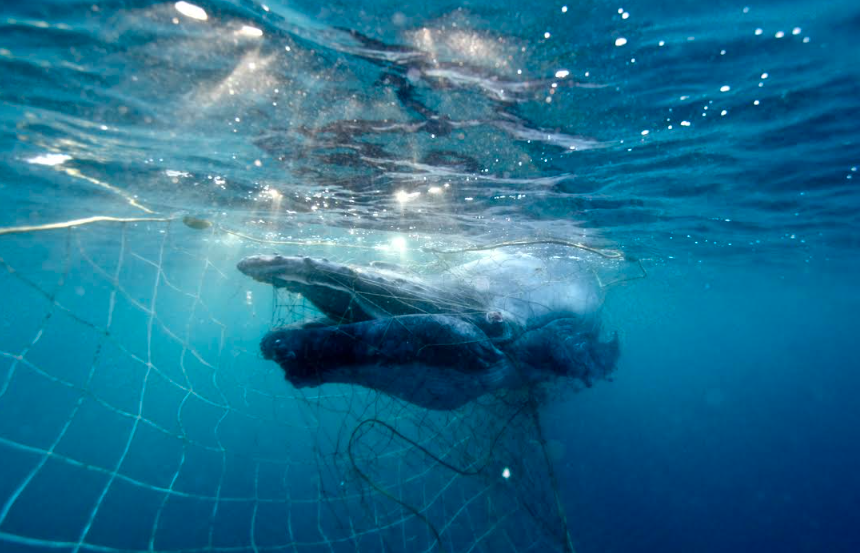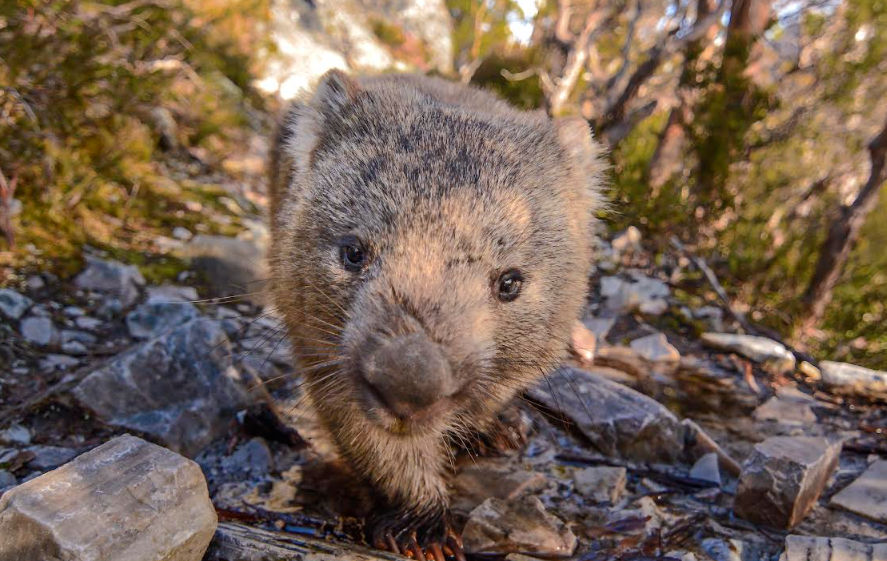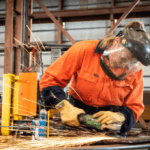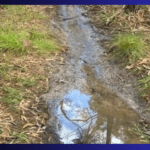What’s happening?
In February 2025, global animal welfare organisation Humane Society International rebranded as Humane World for Animals, uniting its international network under one name and strengthening its commitment to tackling the root causes of animal cruelty and suffering.
“Our new name reflects that animals are at the heart of all our campaigning efforts. We are united in our efforts to end cruelty and improve the protection of wildlife,” said Erica Martin, Executive Director of Humane World for Animals Australia.
Three key issues at the forefront of the organisation’s Australian agenda are natural disasters, shark nets, and the legal killing of native wildlife.
Why it matters?
Animals—both wild and domestic—are increasingly vulnerable to human activities and policies that put them at risk. From the devastating effects of natural disasters to outdated shark net programs and government-issued licences for the mass killing of native wildlife, Humane World for Animals is calling for systemic changes that prioritise humane solutions.
Local Impact
Disaster Response
Recent floods in Queensland and bushfires in Victoria, Tasmania, and Western Australia highlight how natural disasters devastate not just human lives but also native wildlife, farm animals, and pets.
“Animals can suffer death, injury, habitat loss, pollution, and predation because of disasters,” said Martin. “Humane World for Animals Australia—who has the capability and expertise to rescue affected animals from disaster zones and provide assistance to those affected—will need to deploy more often as the frequency and severity of natural disasters increases with global warming.”
Shark Nets: An Outdated and Ineffective Measure
First introduced in Sydney in 1937, shark nets continue to be deployed across Newcastle, Sydney, and Wollongong beaches—despite evidence showing they do not make swimmers safer.
“The nets are 150m long, six metres high, and are not even close to being the physical barriers many people assume they are,” said Lauren Sandeman, a marine biologist with Humane World for Animals Australia.
“Instead, they are designed to cull sharks that swim into them—either on their way into the beach or out to sea. Almost half the sharks caught are on the beach side of the net.”
In the 2023/24 season, only 15 target sharks (great white, tiger, and bull sharks) were caught in the 51 nets deployed in NSW. However, 240 non-target marine animals—including rays, turtles, dolphins, penguins, and harmless sharks—were entangled and killed. Even whales are frequently caught.
Despite 35 shark bite incidents occurring at netted beaches, NSW continues to use this outdated system.
The NSW Government has invested millions into more effective shark mitigation technologies—including drone surveillance, listening stations, and SMART drumlines, all of which detect shark activity without killing marine life.
“We wouldn’t allow nearly 100-year-old safety standards in our cars, at work, or in our homes. It is ludicrous to allow our beach safety to be the exception,” Sandeman said. “It’s time to let modern measures do the job.”
The Legal Killing of Native Animals
Despite Australia leading the world in mammal extinctions, government licences still permit the killing of hundreds of thousands of native animals each year.
The organisation’s Licence to Kill report, based on a two-year investigation, revealed that in 2023 alone, more than 1.2 million native animals were allowed to be killed under government licences.
Between 2021 and 2023, more than 4.5 million native animals were legally killed, including wombats, possums, kangaroos, wallabies, lorikeets, ducks, cockatoos, corellas, and even black swans.
“Unfortunately, we’ve typically found that the solution is simply to kill native wildlife,” said Meg Lamb, Animal Protection Campaigner for Humane World for Animals Australia and co-author of the report.
“But we’re all part of the same ecosystem, and what’s good for wildlife is good for us too. If we could look at it less as a fight and more as learning to live together, then we’d find ways to coexist that don’t pit us against nature.”

By the Numbers
- 1.2 million native animals were legally killed in 2023 alone.
- Over 4.5 million native animals were killed between 2021 and 2023.
- In the 2023/24 shark net season, only 15 target sharks were caught, while 240 non-target marine animals perished.
Zoom In
Humane World for Animals is actively working to rescue and rehabilitate wildlife affected by disasters, advocate for the removal of ineffective shark nets, and promote non-lethal methods of wildlife management.
The transition from Humane Society International to Humane World for Animals underscores its commitment to tackling the root causes of animal suffering rather than just responding to crises.
Zoom Out
The shift to Humane World for Animals aligns with global efforts to end animal cruelty and improve wildlife protection laws. Countries worldwide are reassessing outdated policies, with growing investments in humane and science-based solutions to balance conservation, public safety, and human-wildlife coexistence.
What to Look For Next?
Humane World for Animals Australia will continue its disaster response efforts, push for an end to shark net programs, and advocate for policy changes to stop the mass killing of native animals.
To learn more and support their work, visit www.humaneworld.org.au.






